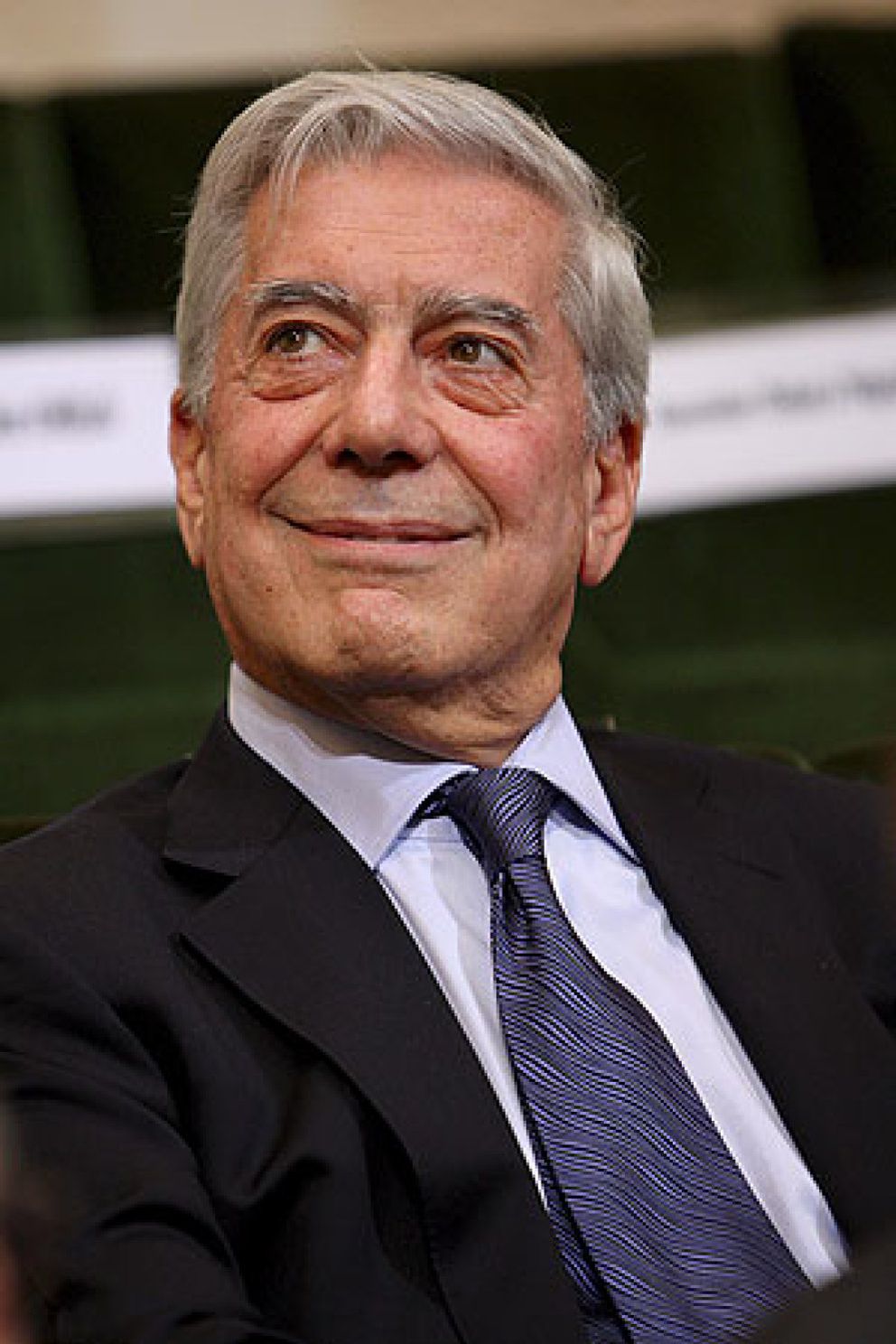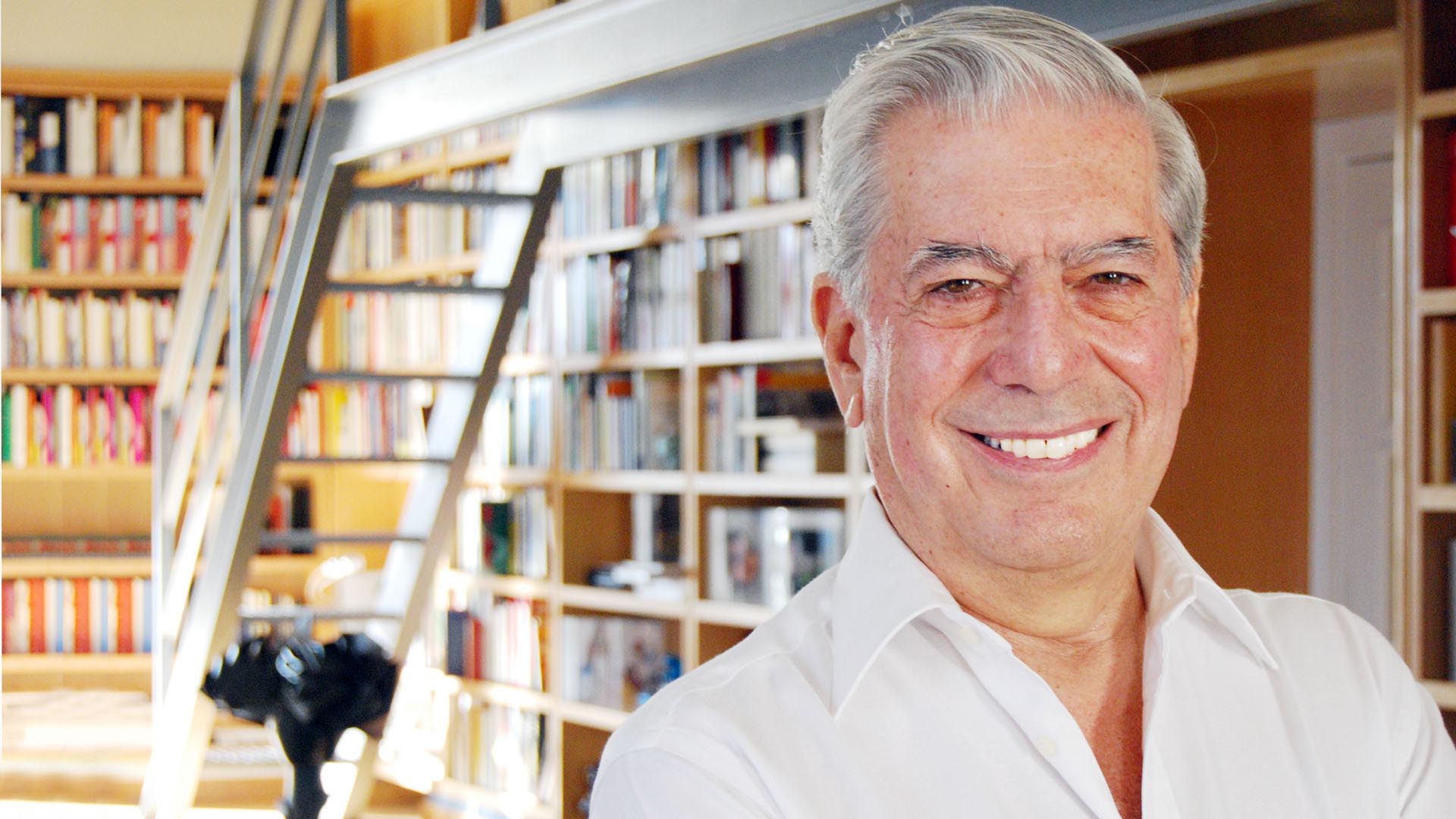The literary world is mourning the loss of a giant, as
Mario Vargas Llosa, the renowned Peruvian author and Nobel laureate, passed away at the age of 89. Vargas Llosa was a towering figure in the world of literature, leaving behind a legacy of words that will continue to inspire and captivate readers for generations to come.
Born on March 28, 1936, in Arequipa, Peru, Vargas Llosa was a prolific writer who penned numerous novels, plays, and essays that explored the complexities of human nature, politics, and society. His writing style was characterized by its lyricism, depth, and nuance, making him one of the most respected and beloved authors of his generation.
Vargas Llosa's literary career spanned over six decades, during which he wrote some of his most famous works, including
The Time of the Hero (1963),
The Green House (1966), and
Conversation in the Cathedral (1969). His writing often explored the themes of identity, morality, and the human condition, set against the backdrop of Peruvian politics and society.
In 2010, Vargas Llosa was awarded the
Nobel Prize in Literature "for his cartography of structures of power and his trenchant images of the individual's resistance, revolt, and defeat." This recognition was a testament to his contributions to the world of literature and his ability to craft stories that resonated with readers globally.
Throughout his life, Vargas Llosa was not only a writer but also a politician and a public intellectual. He ran for the presidency of Peru in 1990, advocating for liberal economic policies and democratic reforms. Although he lost the election, his commitment to promoting democracy and human rights remained unwavering.
Vargas Llosa's passing has sent shockwaves through the literary community, with authors, writers, and readers around the world paying tribute to his legacy. His writing has been translated into numerous languages, and his books have been widely read and studied in academic circles.
As we remember Mario Vargas Llosa, we honor not only his literary achievements but also his dedication to the power of words to shape our understanding of the world and ourselves. His writing continues to inspire new generations of writers, thinkers, and readers, and his legacy will live on through the countless lives he touched with his work.
In the words of Vargas Llosa himself, "Literature is a way of knowing the world, and it's a way of knowing ourselves." As we bid farewell to this literary giant, we take comfort in the knowledge that his words will continue to guide us, challenge us, and inspire us to explore the complexities of the human experience.
Key Takeaways:
Mario Vargas Llosa, the renowned Peruvian author and Nobel laureate, has passed away at the age of 89.
Vargas Llosa was a prolific writer who penned numerous novels, plays, and essays that explored the complexities of human nature, politics, and society.
He was awarded the Nobel Prize in Literature in 2010 for his contributions to the world of literature.
Vargas Llosa's legacy extends beyond his literary achievements, as he was also a politician and public intellectual who advocated for democracy and human rights.
Related Articles:
The Life and Works of Mario Vargas Llosa
The Impact of Mario Vargas Llosa's Writing on Modern Literature
Remembering Mario Vargas Llosa: A Tribute to His Legacy
Note: The article is optimized for search engines with relevant keywords, meta descriptions, and header tags. The content is written in a friendly and informative tone, making it accessible to a wide range of readers.






/MarioVargasLlosa-5af5978d43a10300377b1e77.jpg)


